When you’re exploring our nation’s capital, suggests one historic-tour guide, don’t miss the chance to tour the Pentagon, explore the tucked-away Theodore Roosevelt Island—or stand in a parking garage in Arlington, VA.
“Many people don’t realize that the ‘Deep Throat’ garage—where Mark Felt met with Woodward and Bernstein—is still a working parking garage in Arlington’s Rosslyn neighborhood,” says Andrew Terranova, concierge at Philadelphia’s Hotel Monaco, and the guide for the nearby Spirits of ’76 Ghost Tour. “A historic marker has been placed outside. ”
No doubt, history can live on in the most unlikely locations—even in stately, landmark-filled cities such as Washington, D.C., and Philly, which both made the top five for historic significance among Travel+Leisure readers.
In the most recent America’s Favorite Cities survey, readers ranked 38 metropolitan areas for such cultural attributes as their art galleries, live music and architecture—and also how well they have preserved their pasts.
Certainly, some of the top 20 winners have provided the settings for various chapters in U.S. history, but the definition of “historic” need not be limited to monuments and museums. In some of the top 20 cities, you can step into another era just by pulling up a stool in the pub where Paul Revere used to be a regular, by checking into the hotel where famed gangster John Dillinger was captured, or by catching a concert where Elvis first performed for a crowd.
That offers a nice cover for anyone who likes to balance museum visits with historically legit downtime. “It’s more than the original buildings and period characters,” says Terranova. “It’s truly the spirit of the city. Sometimes you can’t touch it—it’s just a feeling.”
No. 10 Atlanta
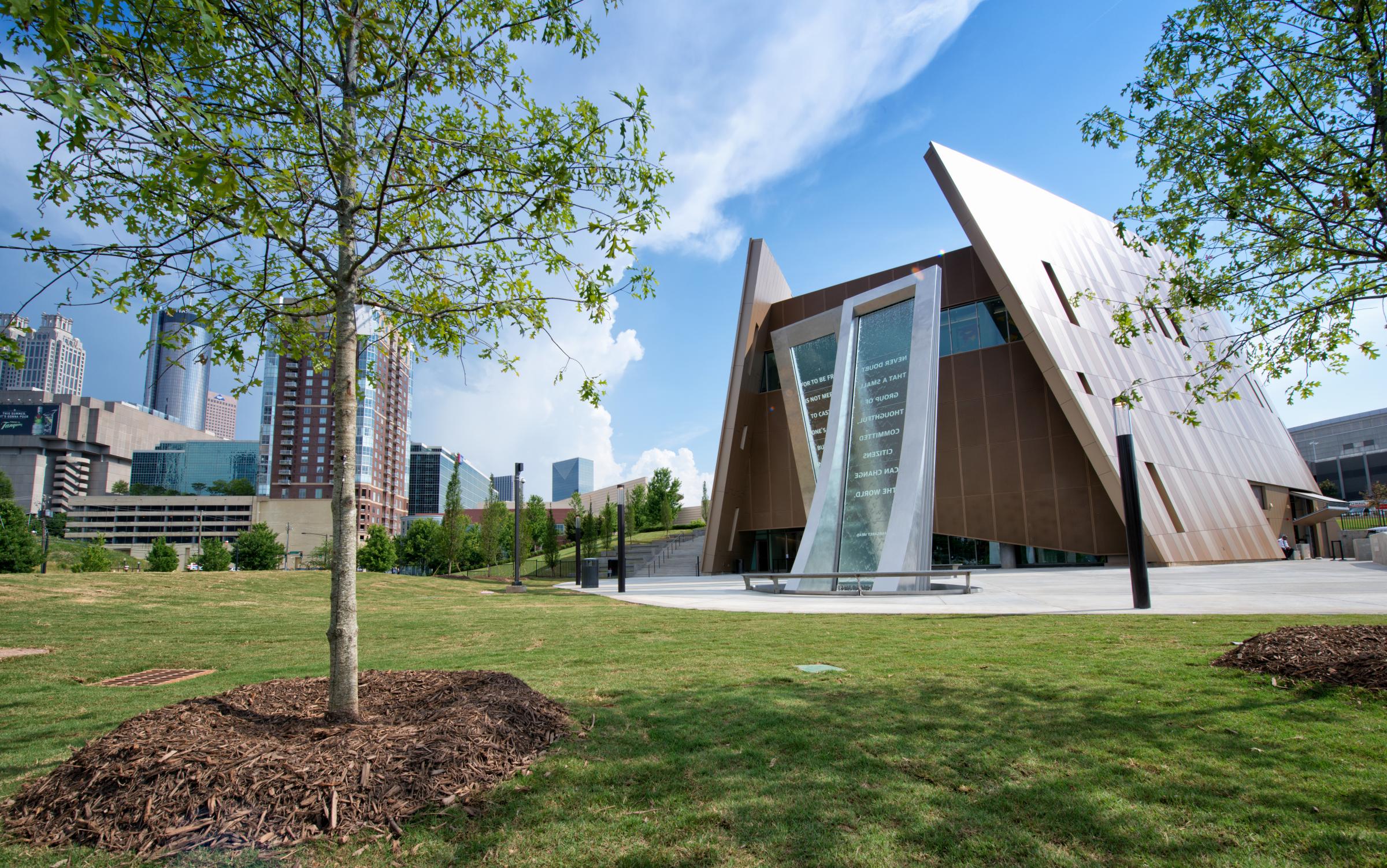
Atlanta is a hotbed for civil rights history, thanks in part to two native Georgians: the Carter Center adjoins the Jimmy Carter Presidential Library and Museum, while the Martin Luther King Jr. National Historic Site features both King’s birthplace and his home church. Adding to the educational mix these days is the Center for Civil and Human Rights, just a year old, which is running an MLK exhibit through this summer. Atlanta doesn’t forget its strong Southern women, either: At Margaret Mitchell House, you can see where the author wrote Gone With the Wind, and you can experience one of the last “tea rooms”—the term once used for women-owned restaurants—at Mary Mac’s Tea Room, a classic in Midtown. Try the peach cobbler, and you’ll see why Atlanta also ranked at No. 6 for its baked goods.
No. 9 Albuquerque
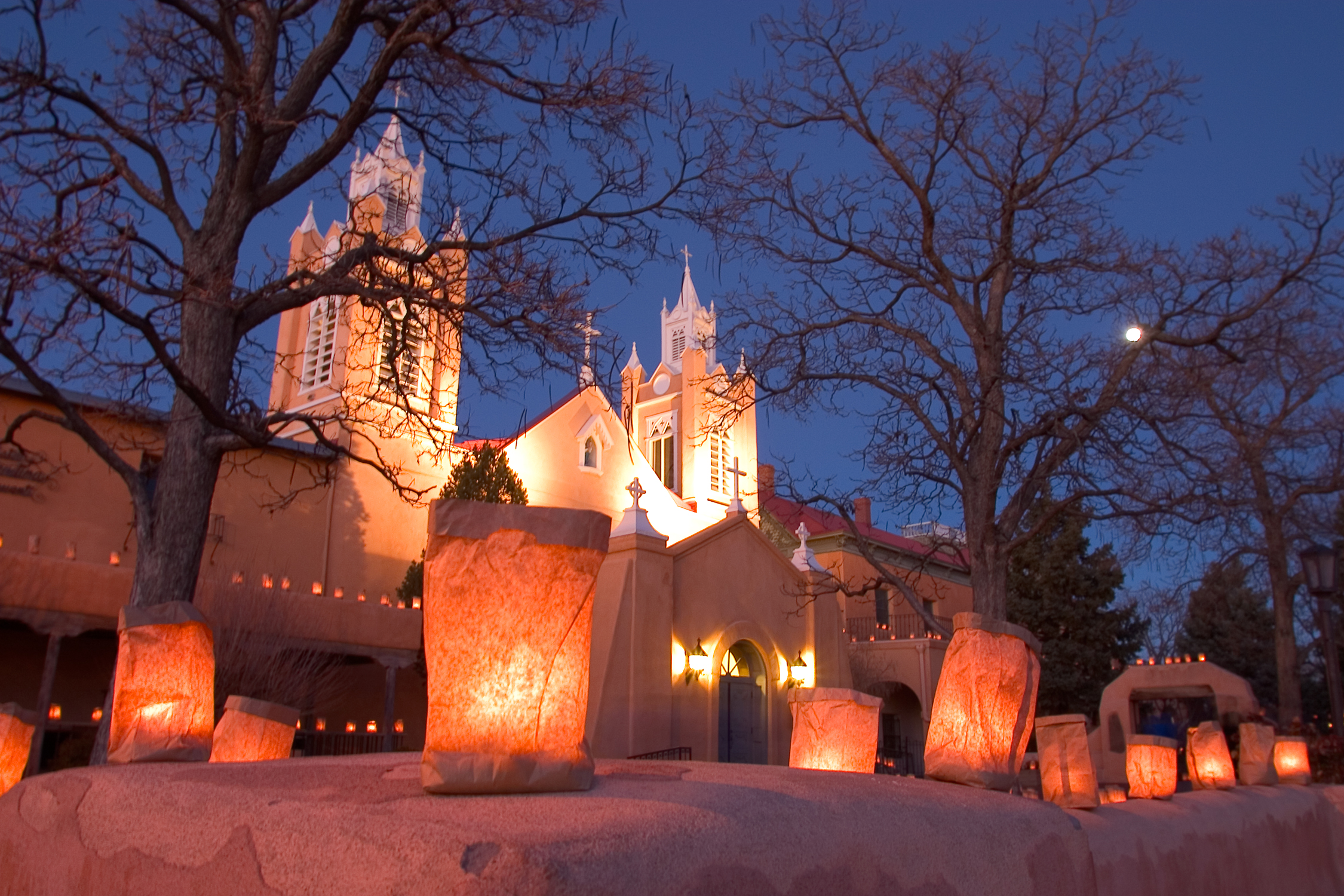
The Pueblo-Spanish-style architecture tells you a lot about the history of this New Mexico city, whose San Felipe de Neri church dates back to the 1700s. Readers also applauded the city for its quirky locals—like the one who carved the Virgin de Guadalupe into a tree stump by the church’s parking lot—but also its rich cuisine, ranking it in the top 10 for coffee, wine, and even pizza. Some restaurant and nightlife settings are historically rich, too: Old Town’s La Placita (known for its fabulous sopapillas) is housed in an 18th century building that has been a fort and a mercantile store, while Casa Esencia, a hacienda built in the 1780s, now houses an elegant nightclub (it’s not too elite, though: the city ranked at No. 2 for feeling un-snobby).
No. 8 Nashville
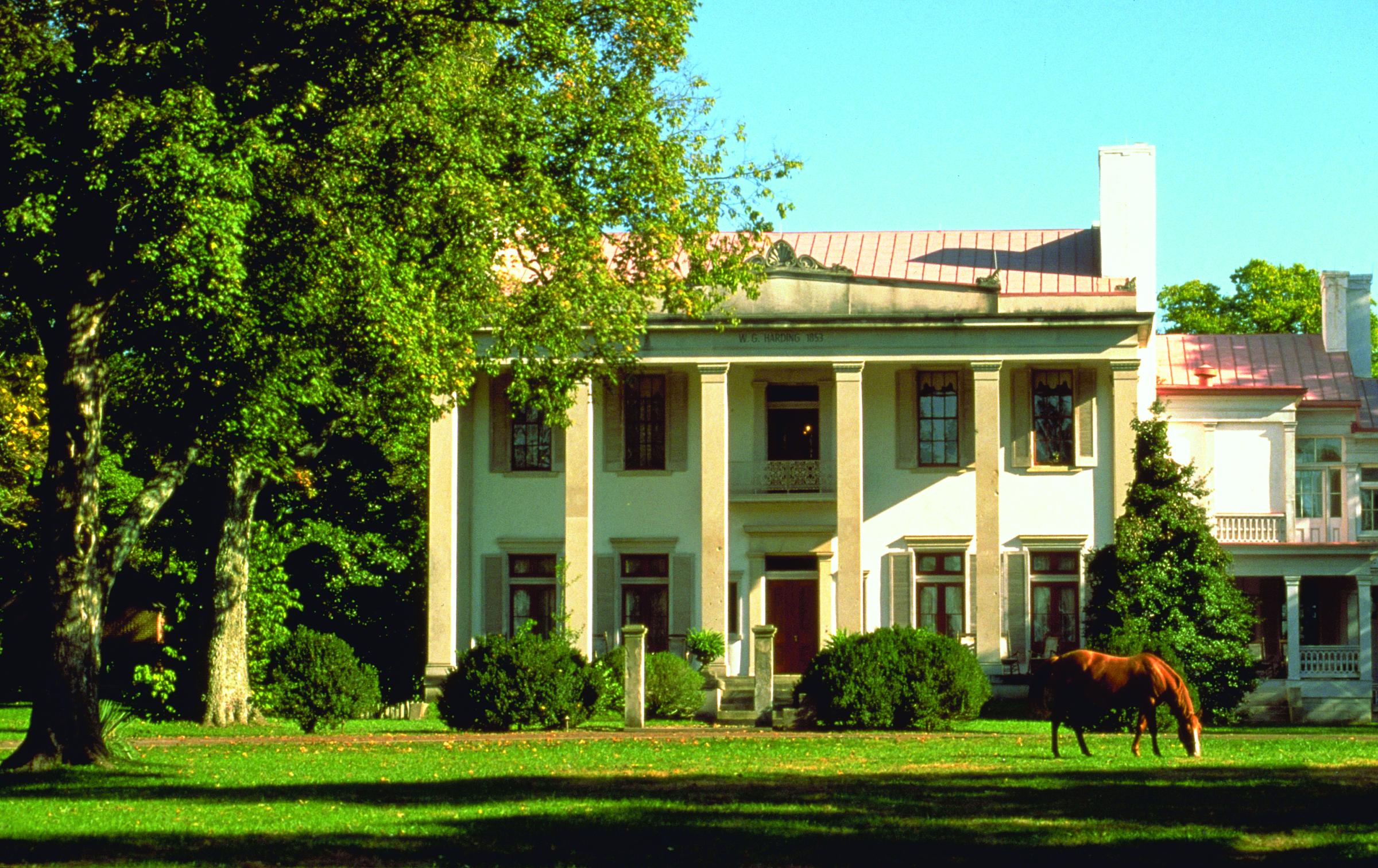
Certainly, the Tennessee city has some solid presidential history, by way of The Hermitage, Andrew Jackson’s plantation home. But plenty of travelers no doubt come here to explore music history. At Historic RCA Studio B, you can see where Elvis recorded most of his catalog, and where Dolly Parton, Willie Nelson, Roy Orbison, and the Everly Brothers have all laid down tracks. Country music purists will also want to check out The Belcourt Theatre, in Hillsboro Village, which was home to the Grand Ole Opry in the 1930’s, and now shows art films. To glimpse some of the city’s highbrow past, go to Belle Meade Plantation, known for raising thoroughbred race horses, and which now offers both an on-site winery and Southern-style pimento-cheese burgers (another category in which Nashville made the top 10).
No. 7 Baltimore
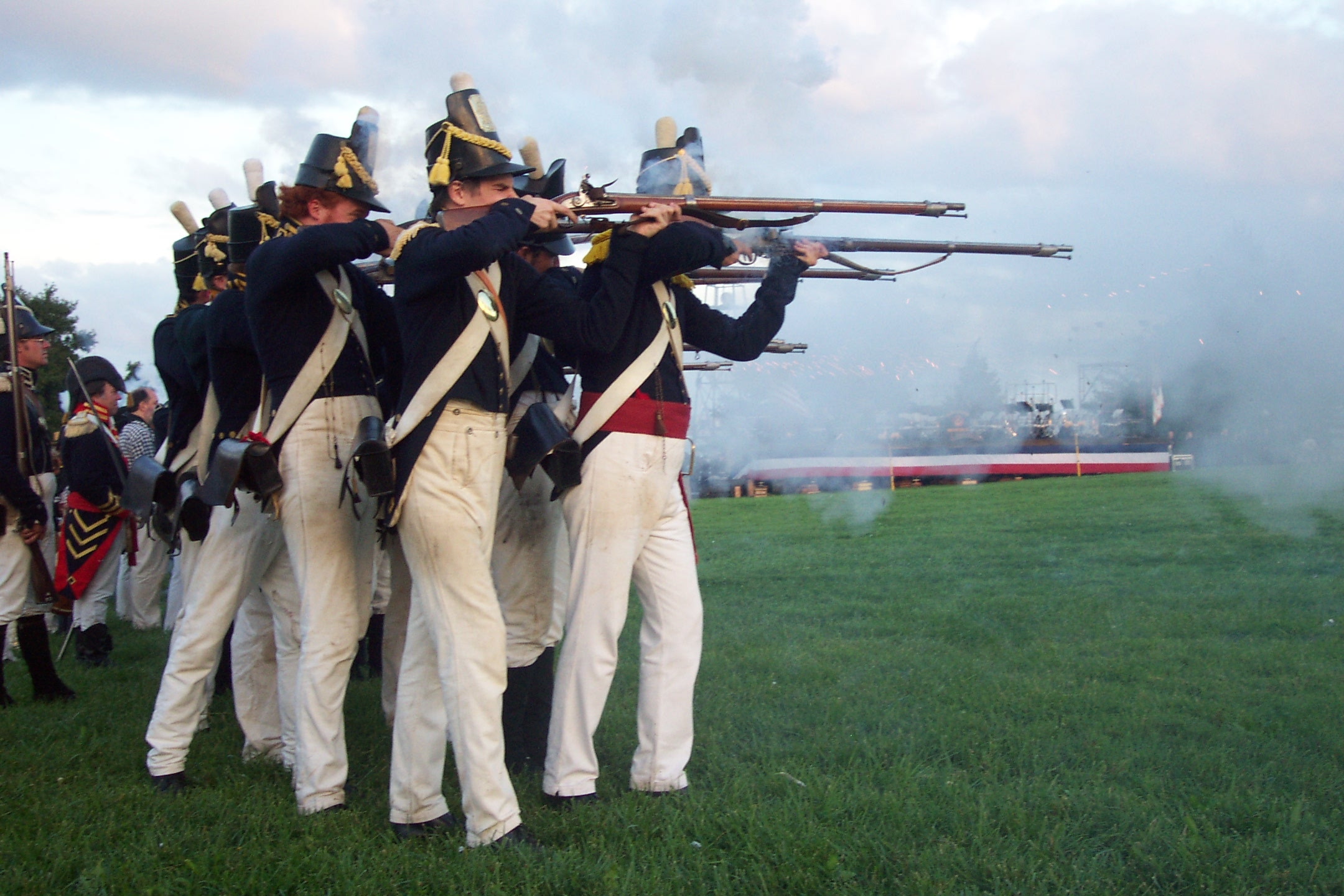
The national anthem has two special connotations in Charm City: it gives Orioles fans at Camden Yards a chance to yell “O!” in booming unison, and it’s given Fort McHenry National Monument and Historic Shrine extraordinary significance (the fort helped defend Baltimore Harbor during the War of 1812, and inspired Francis Scott Key to write the song). The city is also home to its own Washington Monument, the first one built for the father of our country; this July 4, it will celebrate its bicentennial and reopen after a huge renovation (visitors can now climb its 228 steps). To delve into the city’s literary history, order a drink at The Horse You Came In On, the last place where native son Edgar Allen Poe was seen alive in 1849.
No. 6 Providence
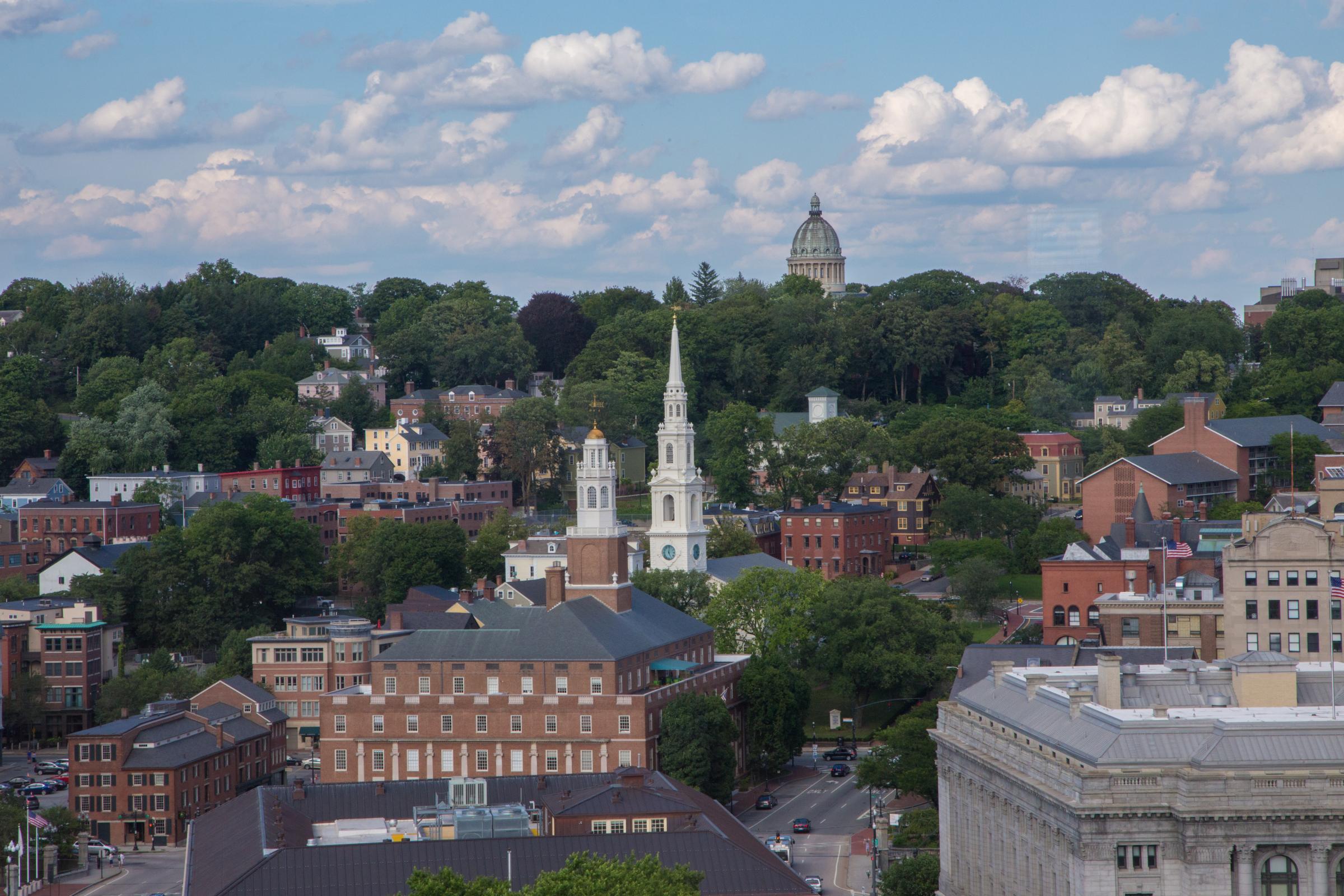
The city founded by iconoclast Roger Williams (after he got kicked out of Massachusetts) has preserved plenty of its centuries-old appeal. You can stroll past 18th century homes on Benefit Street’s Mile of History, or get lost in the city’s more contemporary credits: Providence is the birthplace of H.P. Lovecraft, a founding father of science fiction, who will be celebrated at this summer’s NecronomiCon festival and has inspired his own beers at Narragansett Brewery. Foodie-friendly Providence (which placed in the top 5 in 10 culinary categories this year) also scored at No. 1 for its diners, and no wonder: according to an exhibit at the city’s Culinary Museum, Providence is also the birthplace of the iconic eateries, including local favorite Seaplane Diner.
No. 5 New Orleans
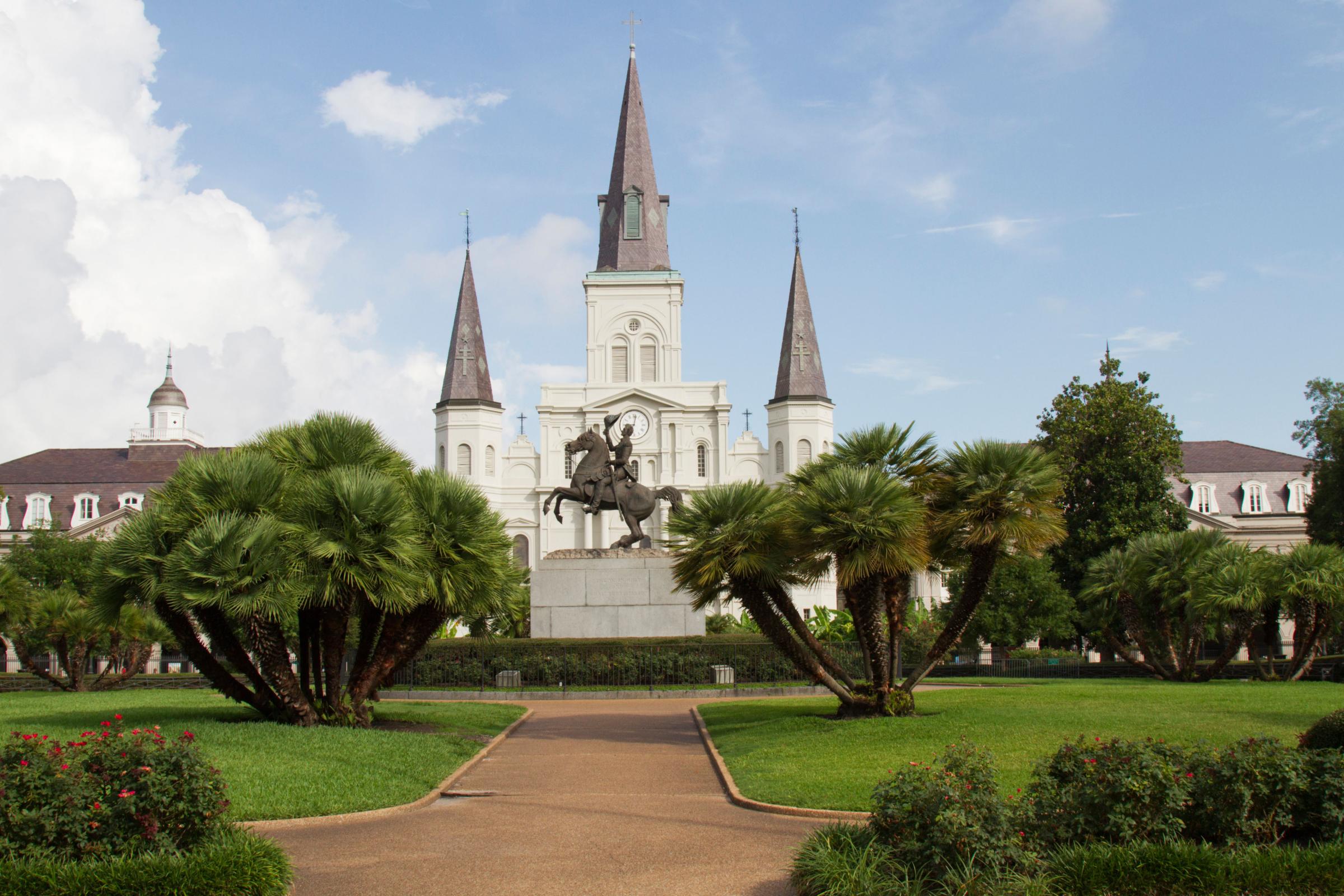
As the No. 1 city for offbeat locals and the No. 2 city for interesting architecture, New Orleans has only gotten better with age. Take Jackson Square’s iconic St. Louis Cathedral—the oldest continually-operating cathedral in America—or fine-dining legend Antoine’s, which celebrates its 175th anniversary this year. The city also won the survey for its watering holes, and some of the most classic bars hold their own history: Lafitte’s Blacksmith Shop Bar on Bourbon Street boasts of being one of the oldest bars in the U.S. (and once acted as a smuggling post), while the rotating Carousel Bar at Hotel Monteleone has attracted such literary icons as Truman Capote, Tennessee Williams, and Eudora Welty.
No. 4 Boston
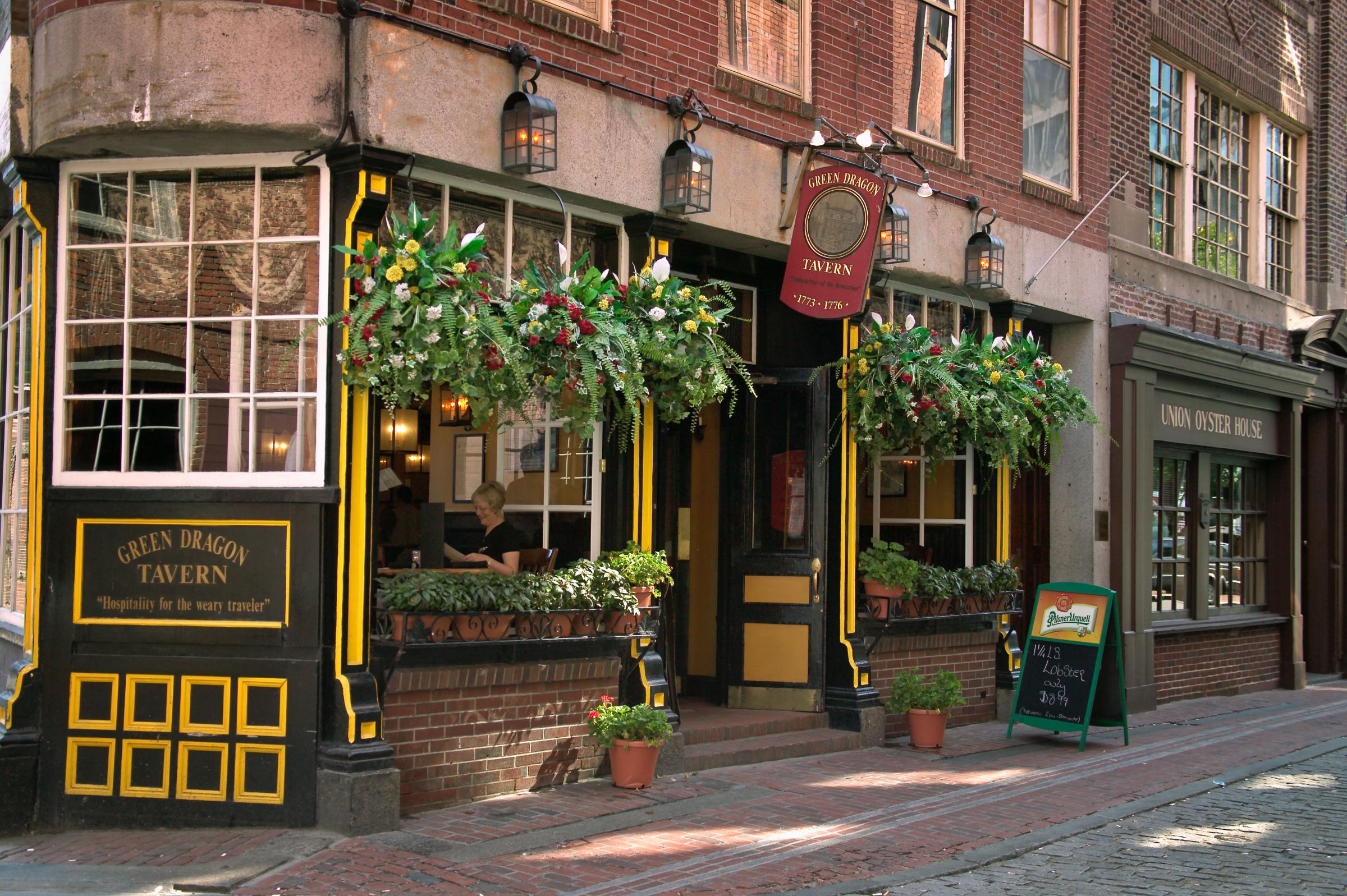
The city where patriots dumped tea in the harbor in 1773 was a shoo-in for the top 5, thanks to its wealth of history-steeped locales—from Faneuil Hall and the Bunker Hill Monument to the JFK Presidential Library and the new Edward M. Kennedy Institute of the Senate. Walking the museums and the Freedom Trail does work up an appetite, though: to refuel and call it historical research, go to Green Dragon Tavern, which once counted Paul Revere and John Hancock as regulars, and where “by land or by sea” now means a choice of fried shrimp or steak tips marinated in Guinness. The locals, meanwhile, ranked in the survey’s top five for brains, but the bottom five for friendliness.
No. 3 Charleston
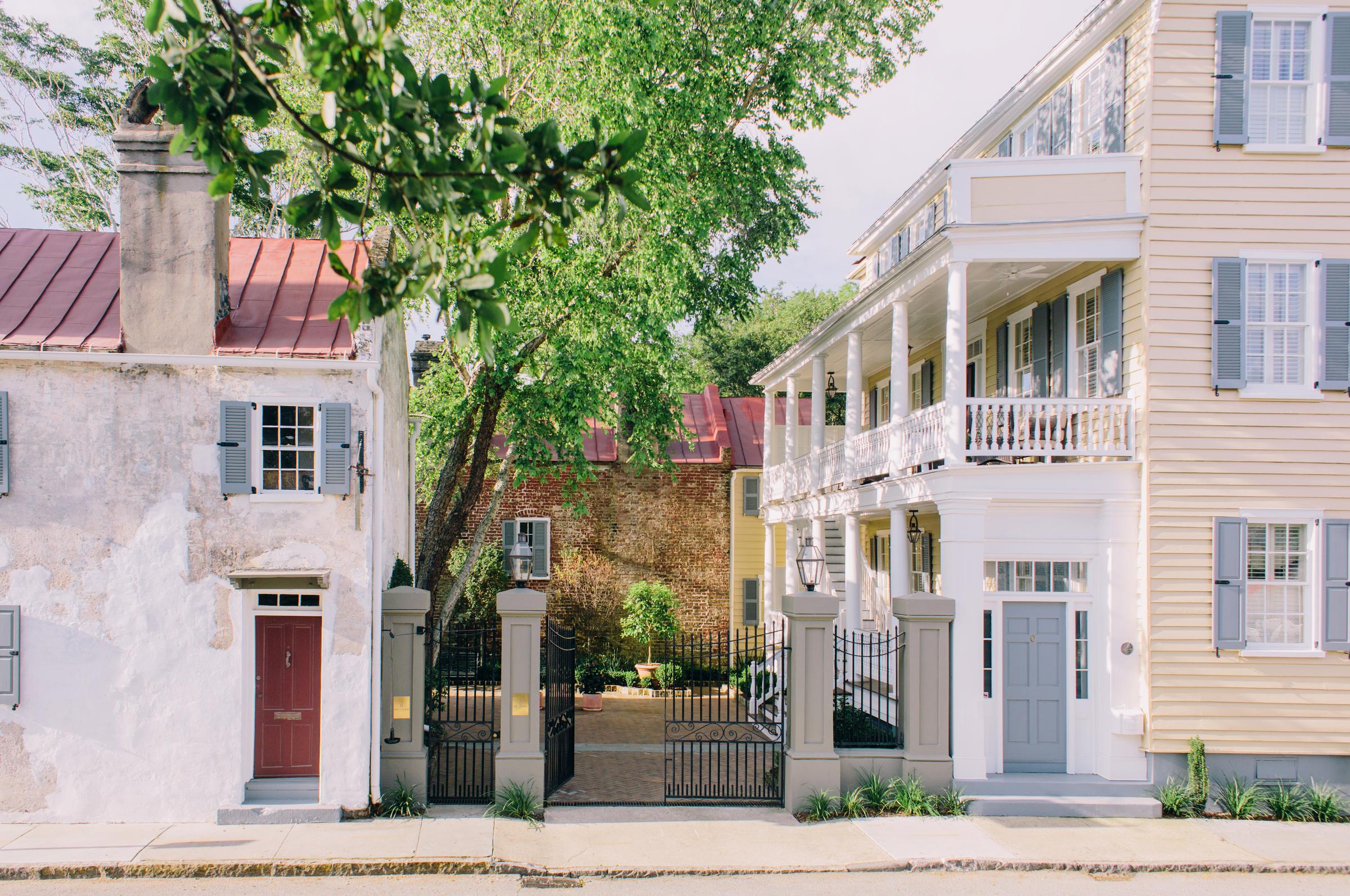
It’s not just that colonists first settled the city in the 1670s, or that nearby Fort Sumter saw the start of the Civil War. Charleston—with its cobblestone streets and horse-drawn carriages—made the top 3 because it continues to feel like a quaint time capsule. The newest piece of living history is the McLeod Plantation Historic Site, which focuses on the lives of the slaves who worked here (and is also home to a six-century-old oak tree). Charleston makes it easy to eat, sleep and shop in the past, too: the city placed at No. 2 for antique décor (like the reproduction Battery Benches from George C. Birlant & Co.), and one of the chicest places to stay is Zero George Street, comprised of five historic homes. Charleston also ranked in the top five for notable restaurants, like McCrady’s, a Georgian mansion where George Washington once dined, and which now offers a low-country-meets-postmodern-gastronomy menu from James Beard Award-winner Sean Brock.
No. 2 Philadelphia
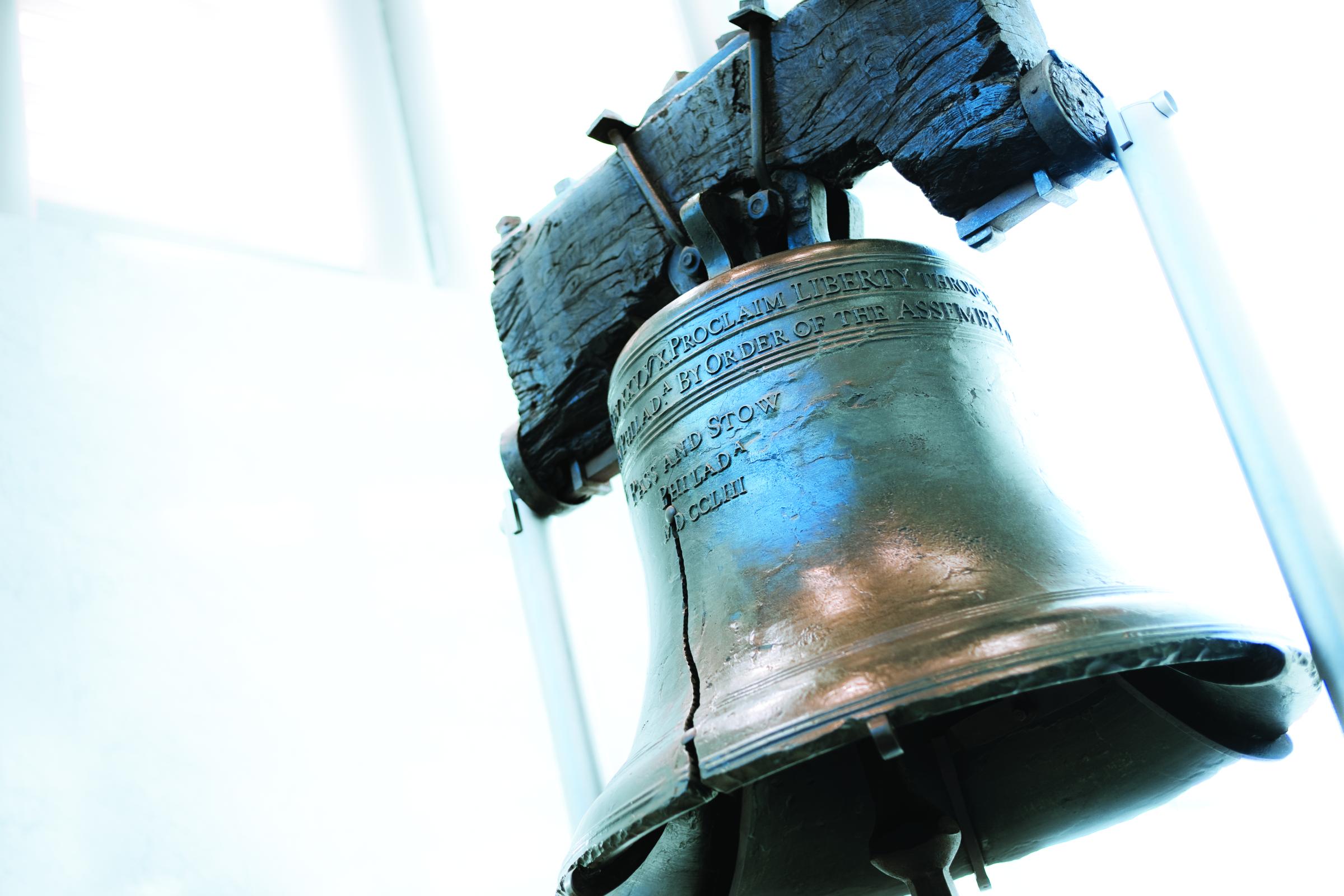
The City of Brotherly Love won the silver for its timelessness—after all, even if you saw the Liberty Bell and Independence Hall on a school trip a long time ago, they’re always worth another visit, especially given the historic district’s ongoing additions of roaming storytellers. History buffs will also love the revamped Benjamin Franklin Museum, the National Constitution Center and the President’s House (a recreated look at the one-time home of Washington and Adams, when Philly was the nation’s capital). To get a more exclusive look at Independence Hall, take the Independence After Hours tour, which includes dinner at City Tavern and an appearance by Thomas Jefferson. Philly also scored well for its craft beers, like those found at Independence Beer Garden, conveniently located across the street from the Liberty Bell.
No. 1 Washington, D.C.
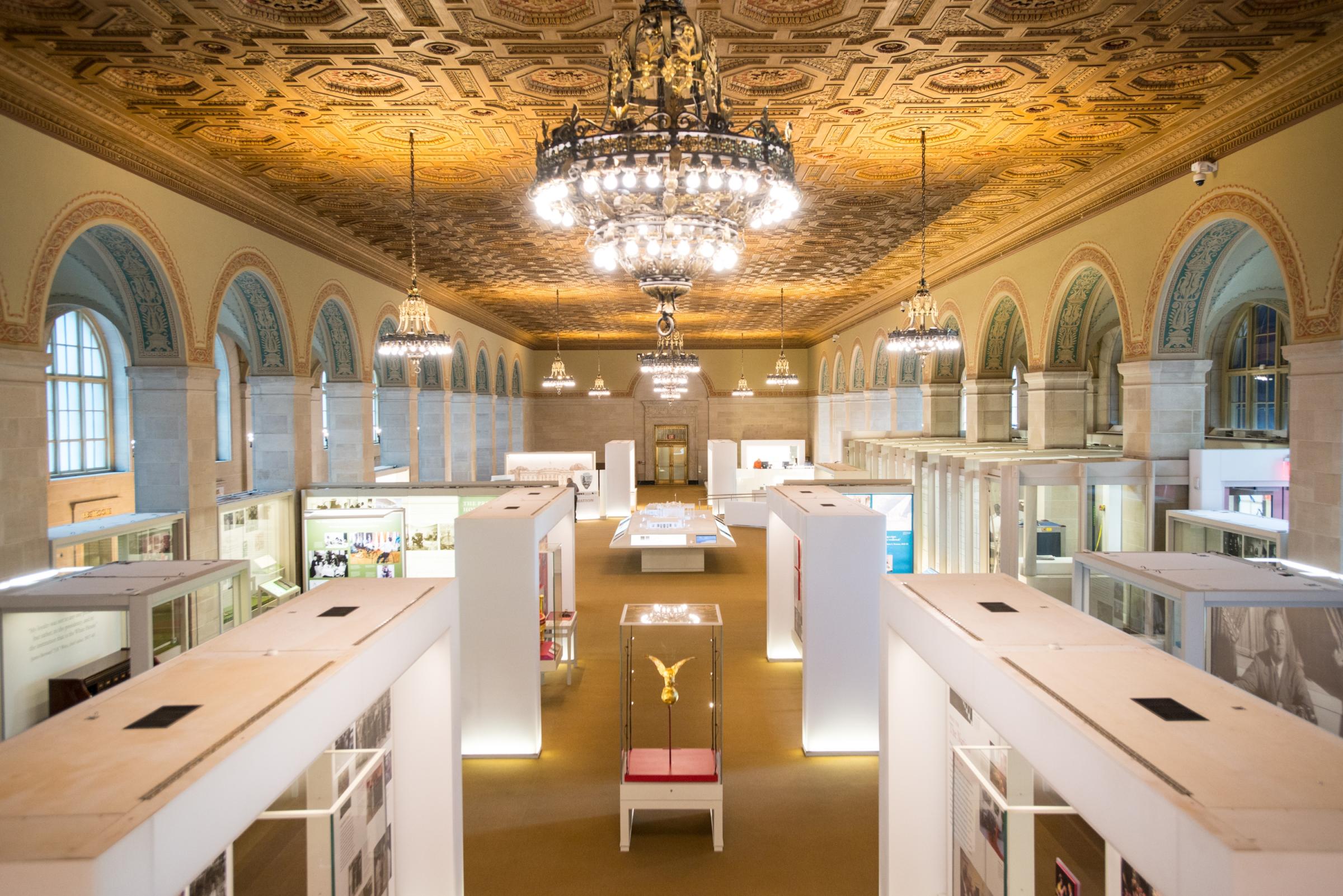
Our nation’s capital easily topped the list, acting as a treasure trove of American history while constantly writing new chapters, too. The newest perspective on our nation’s past is at the National Museum of American History, which debuts this summer a section on American ingenuity, from Thomas Edison to video game pioneers. If you didn’t book a White House tour in time for your visit (think 6 to 12 weeks ahead) you can always peruse the recently renovated White House Visitor Center, home to such artifacts as the desk FDR used during Fireside Chats. Both sights have no admission fee—a big reason D.C. also ranked at No. 1 in the survey for free attractions. To soak up history while you sleep, stay at The Mayflower Renaissance, once a regular lunch spot for J. Edgar Hoover, and home to Harry Truman for the first 90 days of his presidency.
Read the full list here. This article originally appeared on Travel + Leisure
More from Travel + Leisure:
More Must-Reads From TIME
- The 100 Most Influential People of 2024
- The Revolution of Yulia Navalnaya
- 6 Compliments That Land Every Time
- What's the Deal With the Bitcoin Halving?
- If You're Dating Right Now , You're Brave: Column
- The AI That Could Heal a Divided Internet
- Fallout Is a Brilliant Model for the Future of Video Game Adaptations
- Want Weekly Recs on What to Watch, Read, and More? Sign Up for Worth Your Time
Contact us at letters@time.com